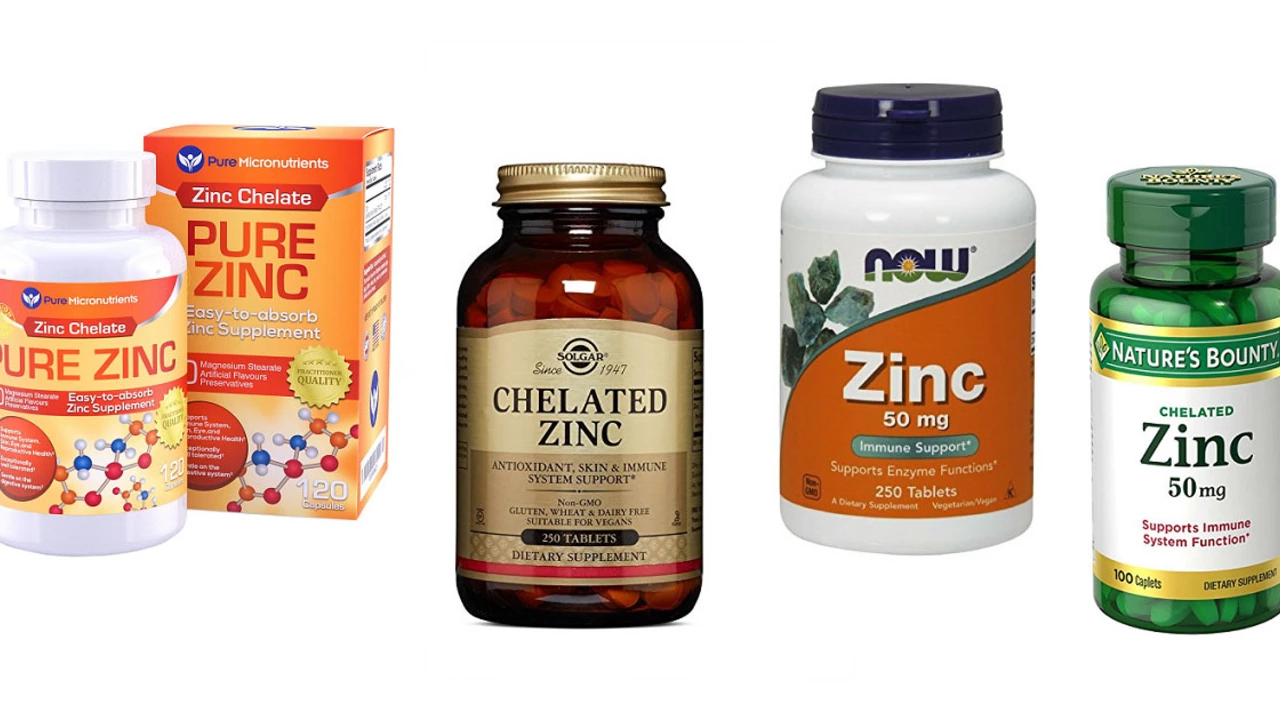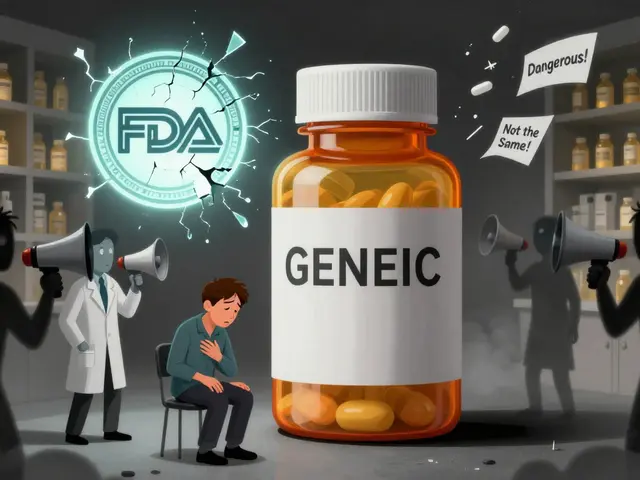Zinc Supplements: What You Really Need to Know
Zinc is a small mineral with a big job. Your body uses it for immunity, wound healing, taste, and hundreds of enzyme reactions. If you're thinking about taking zinc—either to boost your immune system, fix a deficiency, or speed cold recovery—this guide gives clear, practical advice so you can pick the right dose and avoid common mistakes.
How much zinc should you take?
Adults usually need about 8–11 mg per day from food. The safe upper limit from supplements is around 40 mg daily for long-term use. Short-term higher doses are sometimes used: zinc lozenges taken within 24 hours of cold symptoms can cut the length of a cold when the total intake reaches roughly 75 mg per day, but that should be short-lived and not a daily habit. Pregnant or breastfeeding women need slightly more zinc than other women—ask your provider for exact guidance.
If you suspect a true deficiency—signs include poor wound healing, hair loss, persistent loss of taste or smell, or frequent infections—get a blood test or talk to your clinician. Treating confirmed deficiency may require higher prescription doses for a short time under medical supervision.
Choosing the right zinc supplement
Not all zinc pills are equal. Common forms are zinc gluconate, zinc sulfate, and zinc picolinate. Picolinate and gluconate are often easier on absorption; zinc oxide is cheaper but less well absorbed. For colds, zinc acetate or gluconate lozenges work best because they release zinc in the mouth where it may block viral activity.
Pick a brand that uses third-party testing (look for USP, NSF, or similar seals). If zinc upsets your stomach, try taking it with a small meal. Avoid taking large zinc doses every day without checking copper levels—long-term high zinc can cause copper deficiency and anemia.
Watch interactions. Zinc can bind to some antibiotics—especially tetracyclines and fluoroquinolones—so separate doses by at least two hours. Iron supplements can reduce zinc absorption too, so space them apart. If you’re on multiple meds, ask your pharmacist whether zinc could interfere.
Practical tips: get zinc from food first—oysters, beef, pumpkin seeds, and legumes are good sources. Use supplements when diet isn't enough, you have a diagnosed need, or a short-term cold strategy. Don’t use high-dose zinc daily for months unless a clinician is monitoring you.
If you want a quick starter choice: a daily multivitamin that provides the RDA of zinc is safe for most people. For cold relief, choose zinc acetate lozenges and start them right away, but stop after the illness clears. When in doubt, check with your doctor or pharmacist—simple tests and advice can prevent side effects and make supplements useful, not risky.
The Top 10 Benefits of Zinc Supplements You Need to Know
Zinc, my friends, is not just your average periodic table dweller! This zippy little mineral has some serious health benefits. Our top 10 list highlights how zinc supplements can supercharge your immune system, like a superhero swooping in to save the day! They're also great for keeping your skin looking young and fresh - like a baby's, but without the drooling. And let's not forget, they even have the potential to boost your brain power! So, laugh in the face of colds, wrinkles and brain fogs, thanks to our shiny friend, Zinc.






